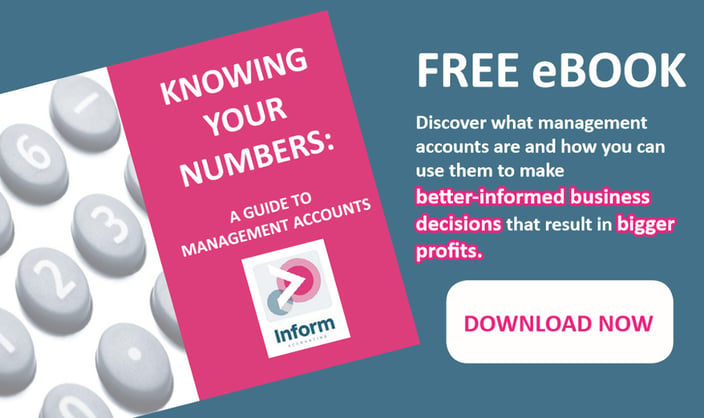BLOG
How to hire the right bookkeeper for your business

"Outsource your weaknesses." So says start-up guru, Sujan Patel, when advising small business owners to get outside help for tasks like payroll and bookkeeping. And when you consider that 70% of businesses fail due to poor in-house financial management, Patel's advice seems spot on.
Unfortunately, many small business owners seek to keep costs low by doing everything themselves— unwittingly sabotaging the financial stability of their own company. If numbers aren't your strength and you would rather focus on building your business, it's time to hire a bookkeeper. Here are four ways to ensure you find the right fit.
Choose a bookkeeper with experience in your industry
The nuances of bookkeeping vary from one corner of the market to another. When assessing candidates, it's important to look not only at total years of experience, but also at the relevance of that experience. For example, if your business is fashion, a bookkeeper who has primarily worked in the auto industry won’t have the insights into your industry that can really add value to your work together.
Look for membership in a professional association
In addition to a degree or diploma from a recognised institution, your bookkeeping candidate should belong to a professional bookkeepers association or be an accountant. Most associations test applicants to verify their technical skills and theoretical knowledge, with the goal of protecting and furthering industry standards.
Many associations require members to earn a credential, prove a high standard of proficiency, and continue to improve their skills through ongoing professional development.
Put a high premium on communication skills
It’s imperative for small business owners to have open, effective communication with their bookkeeper. You will need to sit together each month to review key financial reports, such as the profit and loss statement, balance sheet, and cash flow statement. An effective bookkeeper should be adept at explaining and breaking down complex accounting concepts in accessible ways, so you always have a clear understanding of your financial position.
Honesty and reliability
When you hire someone to look after your books, you place a considerable amount of trust in their personal integrity and trustworthiness, so it is a good idea to have an initial meeting, have a chat and get to know them and their business a little. You should have a good idea immediately if they are someone you could trust and want to work with.
The bottom line is that hiring a bookkeeper is about much more than finding an able number-cruncher. Whoever you choose will be an integral part of your business success. Look holistically at their technical skills and character to find your ideal match, and you'll gain a valuable professional ally for years to come.
Read more of Inform's tax blogs:
Why bookkeeping is crucial to your success
10 money-saving tips for freelancers
4 common bookkeeping pitfalls and how to avoid them
Difference between net profit and gross profit (why neither matter unless you get paid)




.jpg?width=1500&height=1000&name=amy-hirschi-K0c8ko3e6AA-unsplash-(5).jpg)

